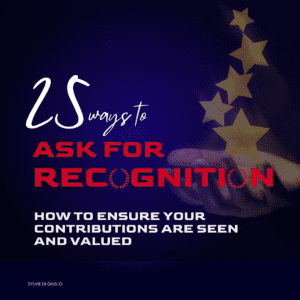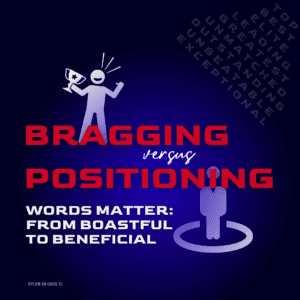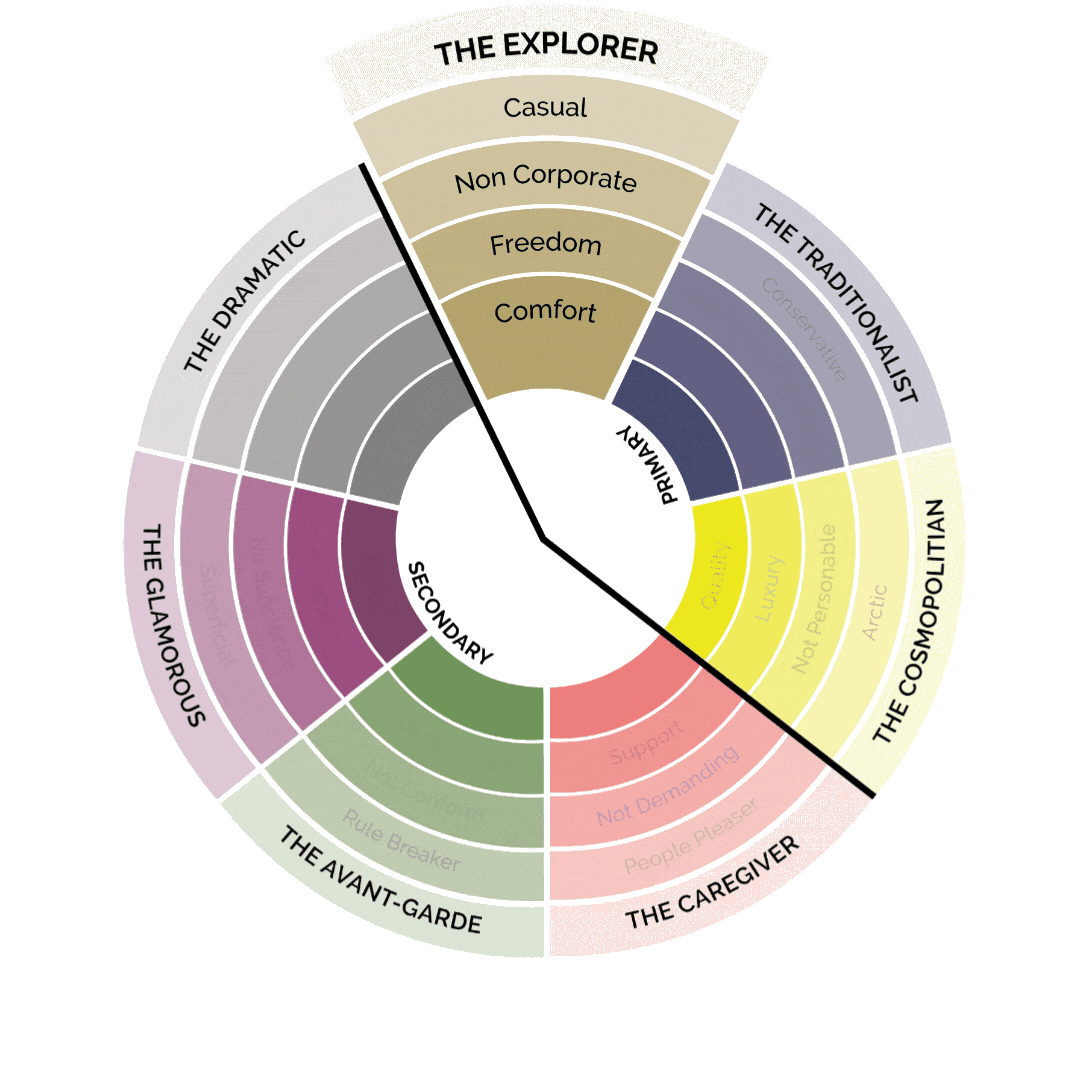what is emotional intelligence and how does it apply at work?
What Is the Definition of Emotional Intelligence?
Emotional intelligence is “the capacity to be aware of and manage one’s own emotions, and the emotions of others.” Emotional intelligence can be helpful in many areas of life, from work to personal relationships.
Professionals who are emotionally intelligent are generally good at managing their emotions. They tend to have strong self-awareness, which means they know how they’re feeling and why. They’re also good at controlling their emotions, so they don’t let them get the best of them. And they’re often very good at empathizing with others, seeing both sides of every issue.
If you want to develop emotional intelligence, there are a few things you can do. First, try to become more aware of your own emotions. Pay attention to how you’re feeling throughout the day and what might be causing those feelings. Second, work on controlling your emotions. If you find yourself getting angry or upset easily, try to take a step back and calm down before reacting. Lastly, try to be more understanding and compassionate towards others. Put yourself in their shoes and try to see things from their perspective.
Where Did the Term Emotional Intelligence Come From?
The term “emotional intelligence” was first coined by John Mayer and later brought to fame by Daniel Goleman in the early 1990s. Since then, the concept of emotional intelligence has been widely studied and written about.
There are many different models of emotional intelligence, but Mayer and Goleman’s model is one of the most popular and widely accepted. In this model, there are four main domains of emotional intelligence: self-awareness, social awareness, self-management, and relationship management.
- Self-awareness involves being aware of one’s own emotions and how they affect others. It also includes being able to regulate one’s emotions so that they don’t get in the way of goal achievement.
- Social awareness involves being able to read other people’s emotions and understanding how they might be feeling. It also includes being aware of social cues and knowing how to respond effectively in different social situations.
- Self-management skills include things like time management, stress management, and being able to set boundaries.
- Relationship management includes things like conflict resolution, active listening, and empathy.
What is Emotional Intelligence Compared to Traditional Intellectual Intelligence?
Traditional intellectual intelligence is the ability to reason, remember, and learn from experience. Your Intelligent Quotient (IQ) is a measure of a person’s cognitive abilities and potential for intellectual achievement. While IQ is important for things like academic success, EQ has been shown to be equally important for things like job performance and relationships.
While IQ tests are often used to measure intelligence, it is important to remember that these tests only measure certain cognitive skills; they do not provide a complete picture of a person’s intellect. In addition, some experts believe that IQ is not the best predictor of success in life; instead, they suggest that factors such as motivation and perseverance are more important and refer to emotional intelligence in this case.
Ultimately, intelligence is a complex concept that is still being studied by researchers in an effort to understand the human mind better.
What are the Signs of High Emotional Intelligence
There are a few key signs that indicate someone has high emotional intelligence. One is self-awareness; those with high emotional intelligence are very in tune with their own emotions and how they affect others. They’re also able to manage their emotions well, which is key in leadership roles or any job that involves lots of people interaction, like sales or customer service. Finally, decision-makers with high emotional intelligence tend to be more successful than those who don’t have it; they’re able to understand and empathize with others, which helps them make better decisions.
You probably have a high level of emotional intelligence if you
- are in tune with what motivates you at work and in your profession.
- have a clear understanding of how your emotions and behavior affect you and others.
- recognize your own influence on others and strive to change any negative behaviors.
- actively seek feedback from others, such as peers, managers, or clients.
- listen to and consider other perspectives before making decisions or taking action.
- provide support and advice when situations are difficult without becoming overwhelmed.
- resolve conflicts and diffuse tension without letting emotions rule.
- always align your actions with the organization or group’s goals and values.
- constantly strive for personal growth and development.
What are the Signs of Low Emotional Intelligence
There are several signs that may indicate low emotional intelligence. A person with low emotional intelligence may lack self-awareness, empathy, and self-regulation. This can lead to negative consequences in both personal and professional life. For example, a person with low emotional intelligence may have difficulty maintaining relationships, struggle to understand and respond to the emotions of others, and have trouble controlling their own emotions.
You might struggle with emotional intelligence if you
- find it challenging to identify and understand your emotions.
- often act impulsively without considering the consequences.
- allow your emotions to take over, causing conflicts or tense situations to escalate rather than be resolved.
- rarely seek feedback or advice from others.
- frequently receive feedback that your behavior or actions as problematic.
- take criticism personally and have difficulty accepting constructive feedback.
- struggle to maintain professional relationships.
- struggle to empathize with the perspective or feelings of others.
- find it difficult to understand and align your actions with the overall goals and values of the organization or group.
Can Emotional Intelligence be measured?
Your level of emotional intelligence is often also described as EQ (emotional quotient). While there are different opinions if you can measure EQ in humans, you should still constantly strive to improve it.
There is no definitive answer to this question, as opinions will vary. However, some scientists believe that it is possible to measure EQ in humans through various tests and evaluations. A typical EQ test usually measures your
- Self-Perception – your ability to accurately perceive your own emotions and feelings.
- Self-Expression – your ability to effectively communicate your emotions and feelings.
- Interpersonal – your ability to effectively interact with others.
- Decision Making – your ability to make sound decisions based on your emotions and feelings.
- Stress Management – your ability to effectively manage stress and emotions.
How can you Improve your Level of Emotional Intelligence?
There are a few things you can do to improve your emotional intelligence. One is to be more aware of your own emotions and how they affect your thoughts and behavior. Ask yourself, “Why am I feeling this way? What is causing me to react this way?” This can help you to understand your emotions better and hopefully allow you to control them more effectively.
Another way to deal with difficult emotions is to try and change the way you think about them. For example, if you are feeling anxious about an upcoming event, try and think of it as excitement instead. This can help to change your emotional state and make it more manageable. Ask yourself, “What is the worst that can happen?” and then, “What is the best that can happen?” Try and reframe your thoughts in a more positive light.
Or try to see things from other people’s perspectives and understand their emotions. Ask yourself, “If I were in this person’s shoes, how would I feel?” This will help you to empathize with them. Empathy is a skill that can help you to improve your relationships and make communication smoother.
Does Emotional Intelligence Change Over Time or Increase with Age?
There is some debate about how emotional intelligence may change over time or increase with age. Some experts believe that EI tends to be relatively stable throughout our lives and does not typically change much as we get older. Other experts argue that EI can actually improve with age, especially during periods of major life changes such as adolescence or early adulthood. It is likely that some individuals may experience changes in their levels of EI over time, depending on the nature and severity of any life events they are experiencing. Additionally, certain factors, such as social support or even genetics, can impact an individual’s emotional intelligence and ability to manage emotions.
Why does Emotional Intelligence in Leadership matter?
Leadership is about more than just having the ability to tell people what to do or manage their work schedules. It’s also about being able to communicate effectively with and understand the needs of those you are leading. This is where emotional intelligence comes in. Simply put, emotional intelligence allows leaders to better understand and relate to those they are leading.
Leaders who are emotionally intelligent are able to create a positive work environment, build trust and rapport with their team, and resolve conflict effectively. They know how to motivate and inspire their team to do their best work.
Why does Emotional Intelligence in Sales matter?
Sales professionals with high EI are often better at reading and understanding the emotions of their customers, which can help them to identify potential issues or concerns that may arise during a sale. For example, if a customer appears anxious or uneasy during a sales interaction, an emotionally intelligent salesperson may be able to pick up on these cues and address the issue promptly. This can help them to close the sale more effectively while also maintaining strong relationships with their customers.
For leaders and sales professionals, it is important to develop and cultivate EI in order to effectively manage stress, communicate with others, and build strong professional relationships. Whether through self-reflection, changing the way you think about emotions, or engaging in social support, there are many different strategies that you can use to improve your EI and become a more effective leader or sales professional.
What is Emotional Intelligence in a Nutshell
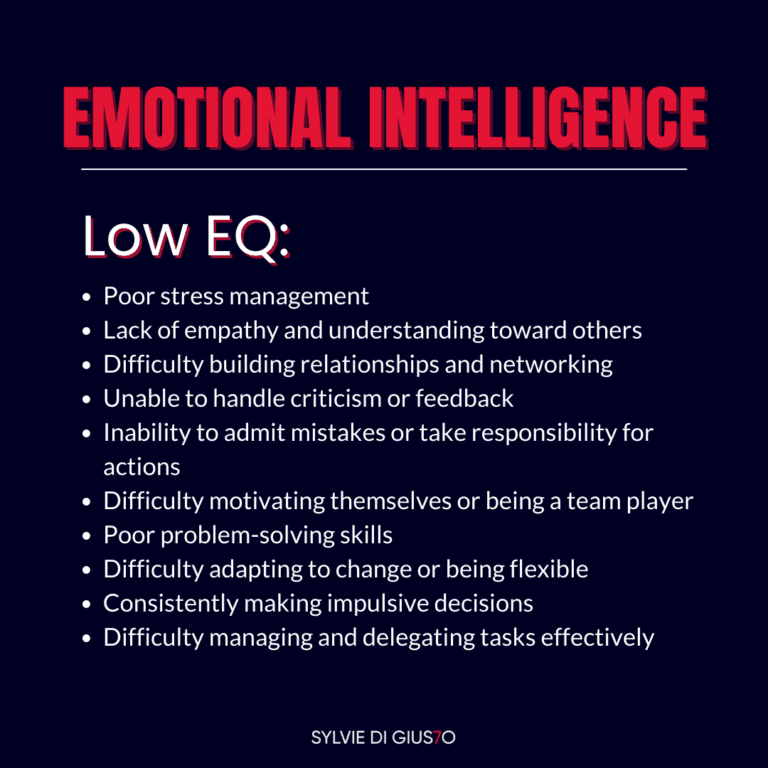
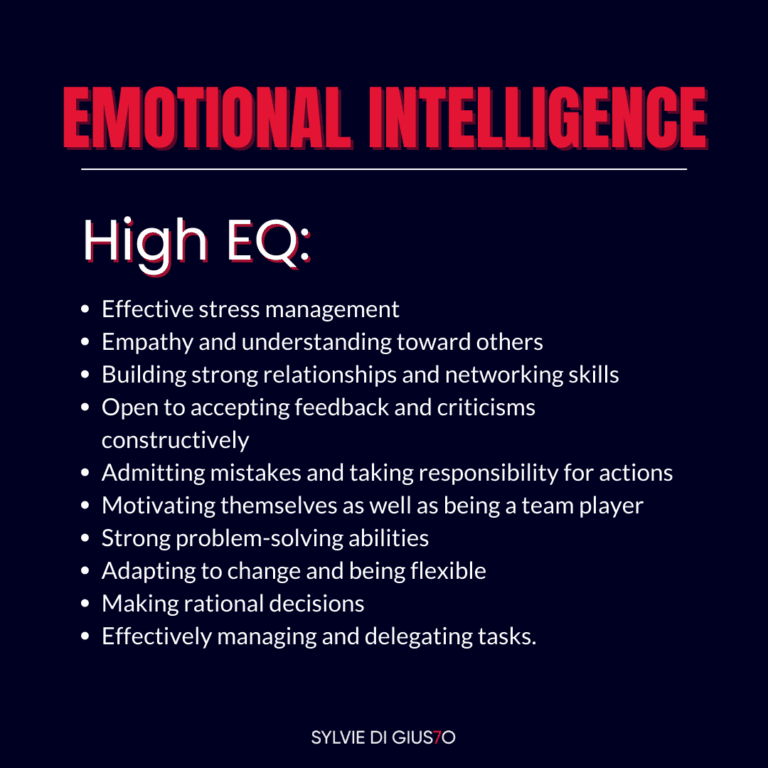
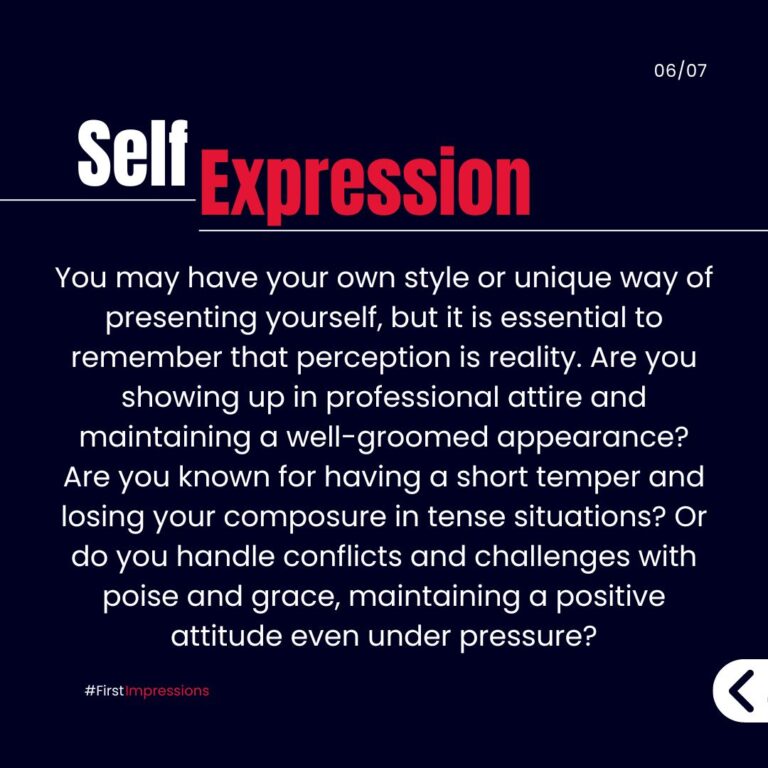




PS: Interested in more content like this? Make sure to follow me on Instagram. It’s where I visualize and publish my thoughts daily. I hope to see you there.
